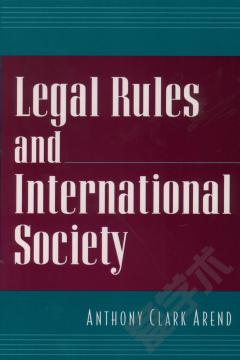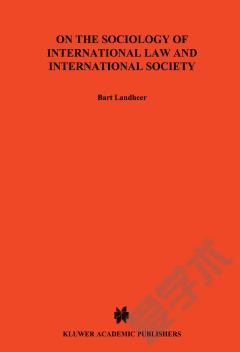Jus Cogens: International Law and Social Contract
One of the most complex doctrines in contemporary international law, jus cogens is the immediate product of the socialization of the international community following the Second World War. However, the doctrine resonates in a centuries-old legal tradition which constrains the dynamics of voluntarism that characterize conventional international law. To reconcile this modern iteration of individual-oriented public order norms with the traditionally state-based form of international law, Thomas Weatherall applies the idea of a social contract to structure the analysis of jus cogens into four areas: authority, sources, content and enforcement. The legal and political implications of this analysis give form to jus cogens as the product of interrelation across an individual-oriented normative framework, a state-based legal order, and values common to the international community as a whole.
{{comment.content}}








 京公网安备 11010802027623号
京公网安备 11010802027623号